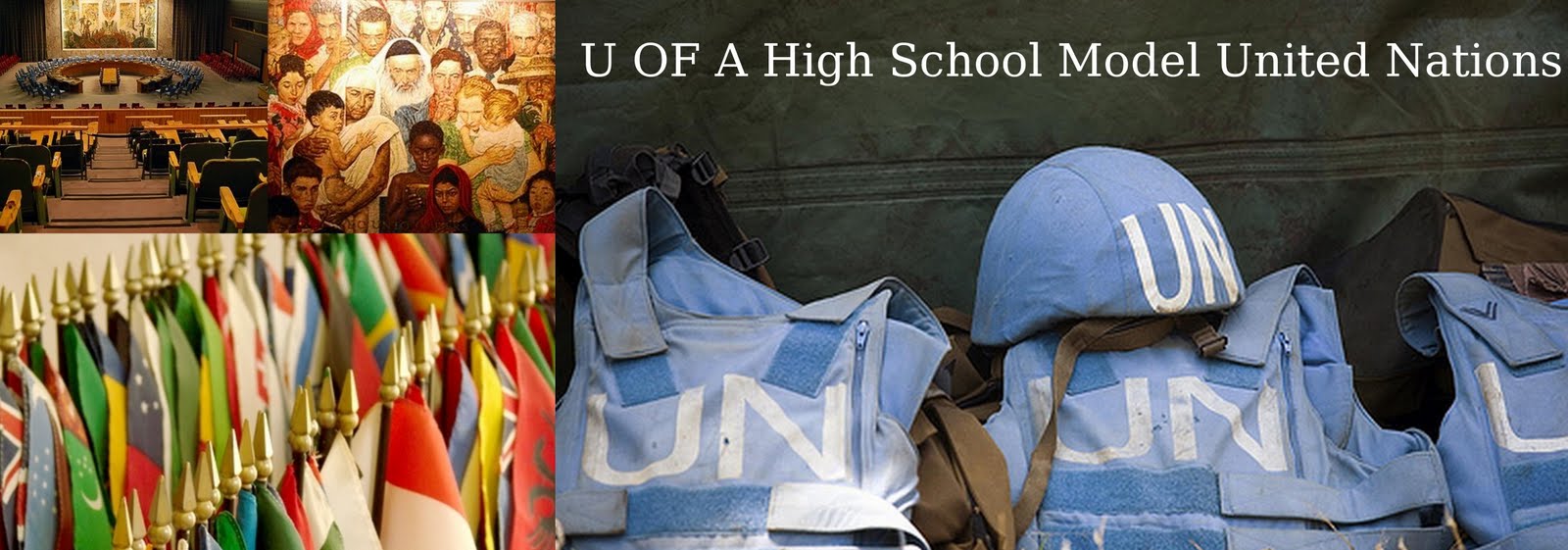
As some of you may know, from February 1-5 the University of Alberta is hosting International Week 2010. This is a great opportunity to hear speakers and meet activists and experts who are passionately engaged on any number of different fronts. I have listed some lectures below and strongly encourage you to take advantage of any that you can (the majority are free!). When I was in high school I had the opportunity to see Stephen Lewis at I-Week and it was life changing. It's not often we get this many experts in one place in Edmonton so COME OUT!
Monday Feb. 1, 12:00 - 1:30 PM - Myer Horowitz: Donna Brazile speaking on "Civic Engagement, Creating Lasting Change"
This woman is crazy! She's worked on every presidential campaign from 1976 through 2000, where she served as campaign manager for Al Gore and continues to play an active role in the Democratic National Committee. For political junkies, this lecture is a must!
Monday Feb. 1, 5:00 - 6:30 PM - TELUS Centre 150: Film "Good Morning Kandahar" followed by a discussion with Brigadier-General John Vance and others.
Monday Feb. 1, 7:30-9:00 PM - TELUS Centre 150: Canada's Future Role in the World - a roundtable with people from DFAIT, CIDA, Canada's World and Dr. Tom Keating from the Dept. of Political Science
If you're interested in Canadian diplomacy and development efforts this should be an interesting discussion.
Tuesday Feb. 2, 7:30-9:00 PM - TELUS Centre 150: Towards a Canadian Arctic Strategy
Need I say more Security Council delegates?! GO! GO!
Wednesday Feb. 3, 7:30-9:00 PM - TELUS Centre 150: World Poverty: Explanations, Responsibilities, Reforms
I'm not as confident that this will be a good session but the topic is interesting and I-Week doesn't usually mess around with bringing in less-than-quality keynote presenters. The presenter, Dr. Thomas Pogge, is from Yale University and heads efforts towards creating a new pharmaceutical patent regime that would improve access to medicines for poor people worldwide.
Thursday Feb. 4, 5:00-6:30 PM - TELUS Centre 150: Film "Toxic Trespass"
This film looks at the chemical soup constantly surrounding us and how governments respond to the dire health threats. Could be useful for UNEP delegates!
Thursday Feb. 4, 7:30-9:00 PM - TELUS Centre 150: When Worlds Collide: Ethics and the Global Pandemic Response
HELLO, WORLD HEALTH ORG. DELEGATES, this roundtable will look at the ethics of fighting a global pandemic. Who should get access to medication first? How do we role out immunization campaigns? While there will likely be a heavy focus on Canada, I would still urge anyone who can to go since this panel is directly addressing the ethical issues surrounding access to medication during pandemics!
Alright, so now you have some week night options for next week! You can find a listing of all the events in the I-Week program!




